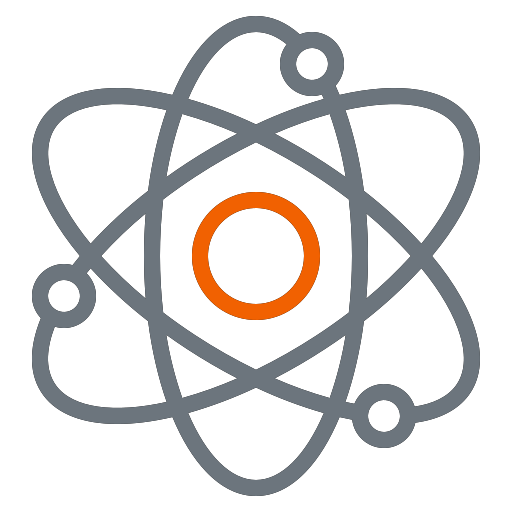Bachelor of Science in Information Technology
4 years Full Time Science
USD 76245
Science
USD 76245
Scholarship
Specializations
- Science
Fees Details
| Year | Name | Fees | Total |
|---|---|---|---|
| 1st Year | Application Fee | USD 45 | 19095.0 |
| 1st Year | Tution Fee | USD 19050 | 19095.0 |
| 2nd Year | Tution Fee | USD 19050 | 19050.0 |
| 3rd Year | Tution Fee | USD 19050 | 19050.0 |
| 4th Year | Tution Fee | USD 19050 | 19050.0 |
Required Documents
- Passport Copy
- 10th Marklist
- 12th Marklist/Equivalent
- Proof of English Proficiency Test
Admission
Intakes
| Starting Date | Application Deadline | Status |
|---|---|---|
| 2025-05-19 00:00:00.000 | 2025-04-01 00:00:00.000 | Active |
| 2025-08-25 00:00:00.000 | 2025-07-01 00:00:00.000 | Active |
| 2026-01-20 00:00:00.000 | 2025-10-01 00:00:00.000 | Active |
Eligibility
High School Transcript*
If the High School degree transcript is NOT in English, the applicant must provide a certified English translation.
If the transcript does not clearly indicate the degree awarded, the applicant must provide a notarized copy of the high school diploma.
All applicants whose first language is not English must submit proof of English language proficiency to Bay Atlantic University (BAU). The requirement is waived if:
- the applicant has completed four years of education at an English-language secondary school
- the applicant has completed Mentora College’s 400C course with a passing grade
All other applicants must establish proficiency by providing an official score report of one of our approved standardized English proficiency tests (TOEFL, IELT, TOEIC)
EXAM SCORES:
IELTS – 5.5
Duolingo – 75
TOEFL – 70
TOEIC – 650
PEARSON (PTE) – 48
BAU Placement Test – 70
Mentora ESL Program – 400C Level
For more details , Please Click on this Link : https://bau.edu/program/ba-in-business-administration/#tab3
Admission Process
1. Application along with a non-refundable application fee of $ 50 and supporting documents will be processed on the TEN Agent portal.
2. Students will receive the admission offer either conditional or unconditional on his TEN Agent portal.
3.After getting the Offer letter(i20) , After accepting the offer Fee invoice will be generated on student account.
4.After getting the fee invoice student can pay the fee and fee receipt can be found on TEN Portal (Ten Agents).
Syllabus
For more details, Kindly click on this link:- https://bau.edu/program/bs-in-information-technology/
Description
The mission of this program is to prepare community and information technology leaders through innovative, high-quality program, initiatives and services directed to the needs of learners and employers. The program purpose is to educate, mentor, train and develop students that can manage and supervise using effective communication skills, knowledge of evolving technologies, efficient project planning and implementation techniques. The program will provide students with the opportunity to attain a degree that will enhance their opportunities in management and supervisory positions within the information technology field.
Learning Goals
- Practical application of computing and mathematics knowledge
- Analytical problem solving and trouble-shooting techniques
- Database design and administration with the use of DBMS and SQL § Data Center technology and management
- Scripting languages, including Perl, PHP, and JavaScript
- Design, implementation, and evaluation of computer-based systems
- Computer programming with C++ and other high-level languages
- Establishing computer networks with hardware and software components
Who is the Ideal Student for this program?
An IT Technician must have a thorough knowledge of computer software and hardware, and a variety of internet applications, networks and operating systems. The ideal candidate will also have great troubleshooting abilities and attention to detail. He is expected to install and maintain computer systems and networks aiming for the highest functionality, and also “train” users of the systems to make appropriate and safe usage of the IT infrastructure.
Visa
For Visa Process , Please Click on this Link : https://www.vfsglobal.com/en/individuals/index.html
A. Online Application
B. Copy of High School Transcript (must be in English)
C. Proof of English Language Proficiency*
D. Photocopy of Passport
E. SAT Score (optional)
F. Letters of Recommendations (2)
G. Bank Statement
H. Sponsor Letter (if applicable)
I. Personal Essay
All Courses (8 )
- Bachelor of Arts in Business Administration and Management
- Bachelor of Arts in Economics & Finance
- Bachelor of Arts in Political Science & International Relations
- Bachelor of Science in Information Technology
- Master of Business Administration with a concentration on Economics & Finance
- Master of Business Administration with a concentration on Entrepreneurship
- Master of Science in Big Data Analytics
- Master of Science in Cyber Security


